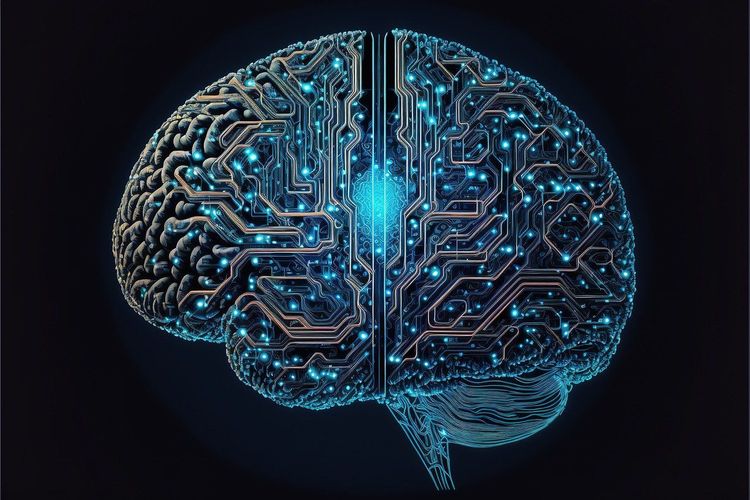As a 20-year veteran in software development and the CEO of a company dedicated to serving developers, I initially reacted with skepticism to predictions that generative AI (gen AI) would render many software development skills obsolete. However, after integrating AI into my daily workflow, I've begun to appreciate its potential to fundamentally transform software development for better and worse. Let’s explore the positive impacts first.
An End to Grunt Work
Developers spend excessive time on tedious tasks like syntax and punctuation. Gen AI can streamline this process. Instead of sifting through manuals or code snippets, developers can simply describe their desired outcome and receive well-formatted code in return. Additionally, large language models (LLMs) can inspect existing code to identify typos and formatting issues, reducing frustration for developers.
Reinventing Frameworks
Software frameworks such as Spring, Express.js, and Django have significantly boosted productivity by abstracting routine development tasks and providing prewritten code for common functions. Gen AI will enhance these frameworks further by creating boilerplate code, automating repetitive tasks, and suggesting optimizations. It can also tailor framework components for specific projects.
The Rise of the Generalist
Traditionally, developers have specialized in particular programming languages, but this expertise may become less valuable as machines generate code across multiple languages. Specialized backend skills in testing and code optimization are likely to be absorbed by gen AI, shifting the focus to the abilities machines struggle with, such as crafting intuitive user interfaces, translating user requirements into specifications, and innovative problem-solving. The spotlight will increasingly fall on “software poets” — those who envision significant technological advances.
A Revolution in Testing
Gen AI is poised to revolutionize software testing. Developers will write code, and AI can create countless test scripts quickly. According to a recent IDC survey, the most anticipated benefits of gen AI include software quality assurance and security testing. This shift could disrupt the continuous integration and deployment practices in DevOps, prompting testing specialists to seek new roles.
Citizen Development on Steroids
Current low-code and no-code development tools are effective, but gen AI is set to elevate their utility. While these tools still require users to map out workflows manually, future advancements will allow users to submit a sketch of their desired workflow and receive functional code in seconds.
AI Isn’t a Panacea
Despite its potential, gen AI should not be viewed as a cure-all. Here are some potential downsides:
- Risk of Over-Testing: Rapid test generation could lead to an overwhelming number of unnecessary tests. Organizations that equate performance with the quantity of tests generated may face inefficiencies, resulting in project bottlenecks. An AI that can intelligently recommend the removal of redundant tests could alleviate these challenges.
- Skills Degradation: The convenience of gen AI might foster complacency. Relying on AI can lead to bloated, inefficient code and stifle the innovative spirit that values developers. Since gen AI generates code based on existing patterns, it may limit the creative potential of developers who think outside traditional boundaries.
- Trust Deficit: The effectiveness of gen AI is directly linked to data quality. Poor training data, shortcuts, and ineffective prompt engineering can result in subpar code that doesn't meet quality standards, undermining trust in AI-generated outputs.
Will AI Make Software Developers Obsolete?
While some experts raise alarms about job displacement, historical trends show that technological advancements typically enhance productivity rather than eliminate demand. Although gen AI may reduce the need for low-level coding skills, it will likely elevate the profession, placing emphasis on innovative capabilities. Gen AI models are trained on existing knowledge, not on future possibilities — don’t expect machines to create a groundbreaking user interface or conceptualize innovations like Uber anytime soon.
Developers are on the brink of an unprecedented transformation. Instead of resisting this change, they should embrace it. The opportunity to eliminate mundane tasks should inspire excitement. While some roles may evolve, skilled developers who can translate business requirements into effective software will remain in high demand. Make it your mission to advance your skill set and thrive in this evolving landscape.
Keith Pitt is the founder and CEO of Buildkite.







